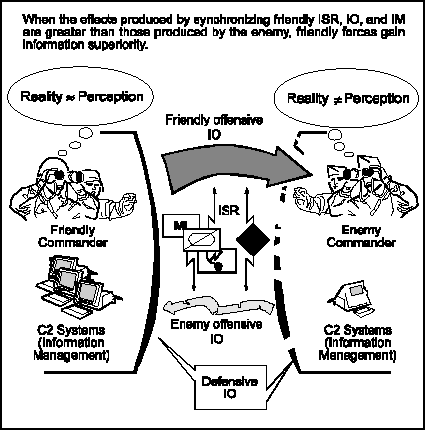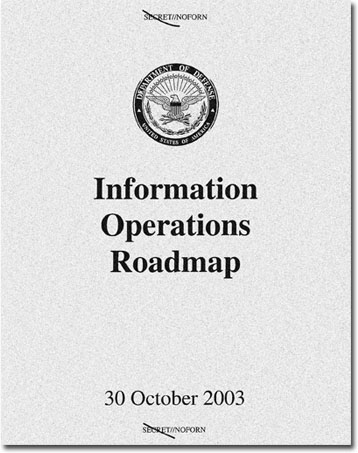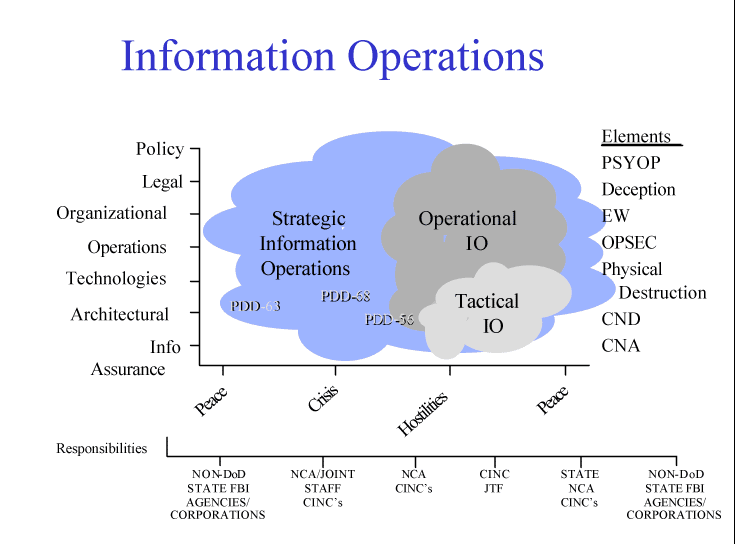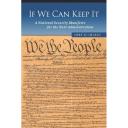My friend Bruce Kesler, who keeps a sharper eye on the fine details of American politics than I do, is dead square right in a recent post at Democracy Project that I reproduce here in full:
Hidden Foreign Contributions Affect US Elections
US election law forbids non-Americans to contribute directly to federal candidates, and qualified donations above $200 are available to public scrutiny. There is a huge loophole – or, more correctly, shroud – over contributions by foreigners to US non-profits, who heavily shape public discussion affecting our elections – and other policies. (There’s, also, some indication that the $200 cut-off for full disclosure of contributions to our campaigns may be another loophole being exploited by some foreigners.)
IRS Form 990 generally requires that non-profits list contributors and their addresses who give $5000 or more. However, non-profits are not required to publicly divulge who they are (with the exception of private foundations and 527’s).
Non-profits include 501(c)(4)’s, which are estimated to spend in 2008 well more than the $424-million that 527’s spent to influence the 2004 elections.
Another area of concern is donations made by foreigners to our universities. Although New York State requires that such contributions be revealed, there is no enforcement and filings are often not made.
In Britain, it is estimated, more funding comes from the MidEast for Islamic Studies departments than from the government.
Ministers labelled Islamic studies a “strategic subject” and said the “effective and accurate teaching” of it in universities could help community cohesion and counter extremism.
Similar concerns have been raised in the US about the influence of MidEast contributors on our universities’ curriculums, and the faculty who influence public discussion. See here and here, for examples.
Former presidents Carter and Clinton have received tens of millions in donations, and more, from foreign sources for their foundations, yet the public knows very little about from whom or how much. Meanwhile, Carter and Clinton take frequent public stands on public policy and candidates for office.
A draft has been released of a revised IRS Form 990. It increases exposure on governance issues, but retains the shroud over contributors to non-profits. At the very least, foreign contributors should be revealed publicly, at least for amounts over the $200 of election laws.
You can send your comments to the IRS during the comment period. It’s as simple as an email to Form990Revision@irs.gov
Bravo to Bruce for highlighting this important but generally unrecognized problem.
One of the ironies of Beltway incumbent preferred campaign finance regulation like the odious McCain-Feingold law is that it manages to combine restrictions of the political activities and free speech rights of American citizens while granting opacity to wealthy foreigners who seek to influence political discourse here through generous donations to foundations, educational organizations, think tanks, universities, presidential libraries and other institutions that shape our intellectual life. It is completely understandable, given the potential impact of American policies on the rest of the world that other states and their sundry notables would seek to make their voice heard here. To a certain extent, when it’s above board public diplomacy and cultural exchanges, it’s even a good thing. What’s unacceptable is that foreign interests can often buy such influence – which is what they are really doing – under the radar or even behind the shield of legal secrecy. If some of our finest universities were people then they would have already had to register as foreign agents a long, long, loooooooong, time ago.
The same might be said of some former presidents. Or of presidential candidates.
The answer here is not to go on a fruitless legal jihad to ban foreign money, which at times does get turned toward humanitarian or genuinely educational purposes but to require radical transparency of our think tanks, universities, charities and other institutions enjoying tax deductible status but are dedicated to indirectly influencing the political process or policy formation. If an American institution or scholar wants to shill for the Wahabbi Lobby by working for a tank on the take from a senior Saudi prince, or accept grants from PLA-affiliated Chinese corporations, Japanese billionaires, mobbed-up Russian “businessmen” or other foreign sources, fine, but a highly visible disclaimer to that fact ought to be mandatory. If Carnegie or AEI or Harvard departments are advising presidential candidates on Mideast policy then contributions emanating from that region are relevant to the discussion.
If accepting the check in public is cause for dismay then there’s a word for what’s really going on:
Graft.
Cross-posted at Zenpundit
 some and intimidating to others. New Media collapses traditional concepts of time and space as information moves around the world in an instant. Unlike traditional media,
some and intimidating to others. New Media collapses traditional concepts of time and space as information moves around the world in an instant. Unlike traditional media,  public diplomat, and persuader. Our adversaries understand and exploit this reality. Writing to
public diplomat, and persuader. Our adversaries understand and exploit this reality. Writing to  successes in the short run but having the global audience grdugingly concede that “the Americans speak the truth” adds momentum of every word, every idea and every action we undertake. It will not bring us love because oftentimes, our pursuing national interests will come at the expense of others but truth-telling will yield something more valuable, respect. No one cares to be treated as if they were a fool and most of the transparently self-serving gibberish official spokesmen offer up pays dividends only in contempt being added to the anger foreigners already feel at some of our policies. Credibility is to the war of ideas what COIN is to guerilla warfare and it is a valuable and exceedingly rare quality because once your credibility is lost, it is lost.
successes in the short run but having the global audience grdugingly concede that “the Americans speak the truth” adds momentum of every word, every idea and every action we undertake. It will not bring us love because oftentimes, our pursuing national interests will come at the expense of others but truth-telling will yield something more valuable, respect. No one cares to be treated as if they were a fool and most of the transparently self-serving gibberish official spokesmen offer up pays dividends only in contempt being added to the anger foreigners already feel at some of our policies. Credibility is to the war of ideas what COIN is to guerilla warfare and it is a valuable and exceedingly rare quality because once your credibility is lost, it is lost. programs, plausibly deniable third parties and used sparingly and with subtlety. The increasingly “radically transparent” world ensures that too many sophisticated eyes with all sorts of agendas will be analyzing our official spokesmen 24/7. The best will can hope to accomplish is effectively framing our public message to be truthful and compelling. Any meme that is verifiably false, if we believe we must put it out into the global media environment, cannot have a return address.
programs, plausibly deniable third parties and used sparingly and with subtlety. The increasingly “radically transparent” world ensures that too many sophisticated eyes with all sorts of agendas will be analyzing our official spokesmen 24/7. The best will can hope to accomplish is effectively framing our public message to be truthful and compelling. Any meme that is verifiably false, if we believe we must put it out into the global media environment, cannot have a return address.